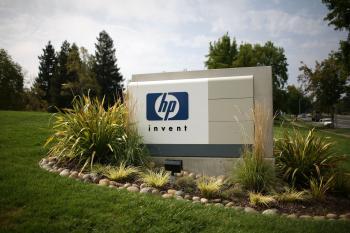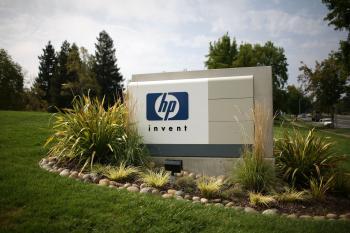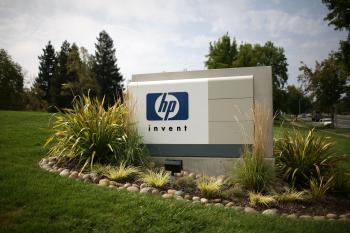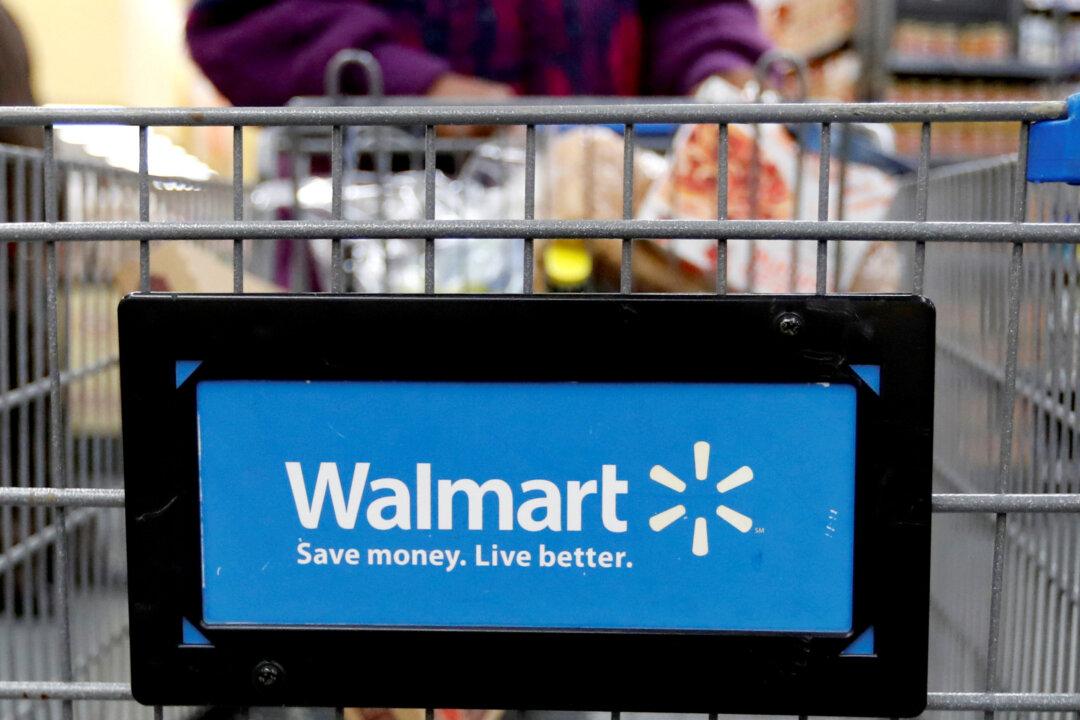Hewlett-Packard (HP), the $120 billion behemoth that has long been regarded as a computer hardware and systems company, is now headed into completely different territory: that of a software company.
At least, that’s what the slew of announcements that HP made on Wednesday just before market close seemed to indicate. HP stated that it was considering “a full or partial separation” of its consumer PC and devices operations, indicating that it was looking to sell off its devices division. HP also said that it was looking to buy U.K.-based software company Autonomy for $10 billion.
HP also made some annoucements about its Q3 earnings, saying that it had slightly reduced its full-year sales outlook to about $127 billion, a little lower than its previous estimate. It posted Q3 earnings of 93 cents a share, about 10% lower than Wall Street estimates, on $31.2 billion in revenue.
HP confirmed that it would be discontinuing its webOS-based tablets and smartphones. HP had acquired webOS from Palm Inc for $1.2 billion in April 2010, but that decision has turned out to be a difficult one for HP as it struggled to position the webOS-based devices as an alternative to Apple’s iPhone and iPad and the slew of Android-based devices.
At least, that’s what the slew of announcements that HP made on Wednesday just before market close seemed to indicate. HP stated that it was considering “a full or partial separation” of its consumer PC and devices operations, indicating that it was looking to sell off its devices division. HP also said that it was looking to buy U.K.-based software company Autonomy for $10 billion.
HP also made some annoucements about its Q3 earnings, saying that it had slightly reduced its full-year sales outlook to about $127 billion, a little lower than its previous estimate. It posted Q3 earnings of 93 cents a share, about 10% lower than Wall Street estimates, on $31.2 billion in revenue.
HP confirmed that it would be discontinuing its webOS-based tablets and smartphones. HP had acquired webOS from Palm Inc for $1.2 billion in April 2010, but that decision has turned out to be a difficult one for HP as it struggled to position the webOS-based devices as an alternative to Apple’s iPhone and iPad and the slew of Android-based devices.






